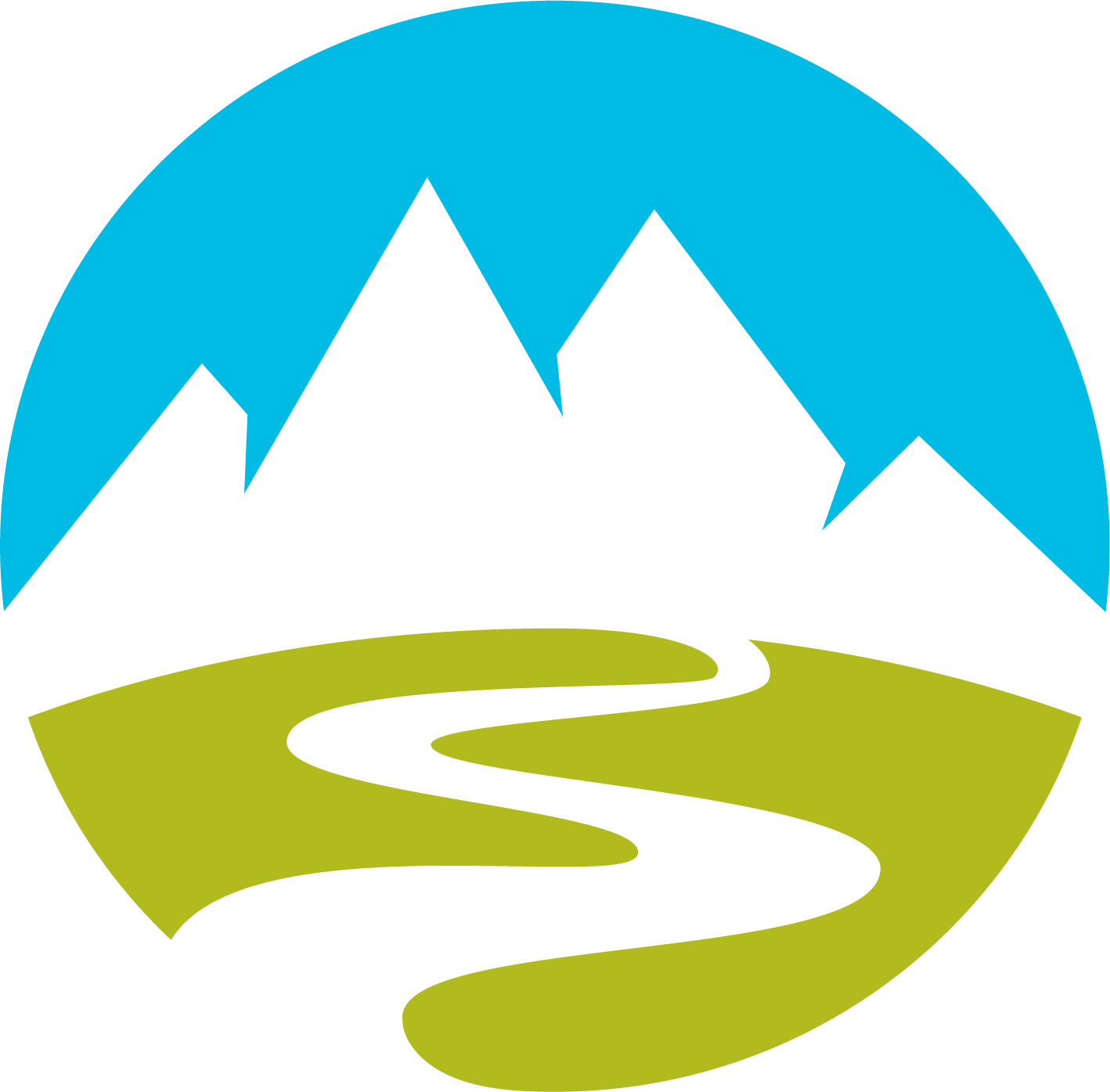The EYFS Framework exists to support all professionals working in the EYFS to help your child. The Framework was developed with several early year’s experts and parents.
It sets out:
The legal welfare requirements that everyone registered to look after children must follow to keep your child safe and promote their welfare
The 7 areas of learning and development which guide professionals’ engagement with your child’s play and activities as they learn new skills and knowledge
Assessments that will tell you about your child’s progress through the EYFS
Expected levels that your child should reach at age 5, usually the end of the reception year; these expectations are called the “Early Learning Goals (ELGs)”
This is a very important stage as it helps your child get ready for school as well as preparing them for their future learning and successes. From when your child is born up until the age of 5, their early years’ experience should be happy, active, exciting, fun and secure; and support their development, care and learning needs.

